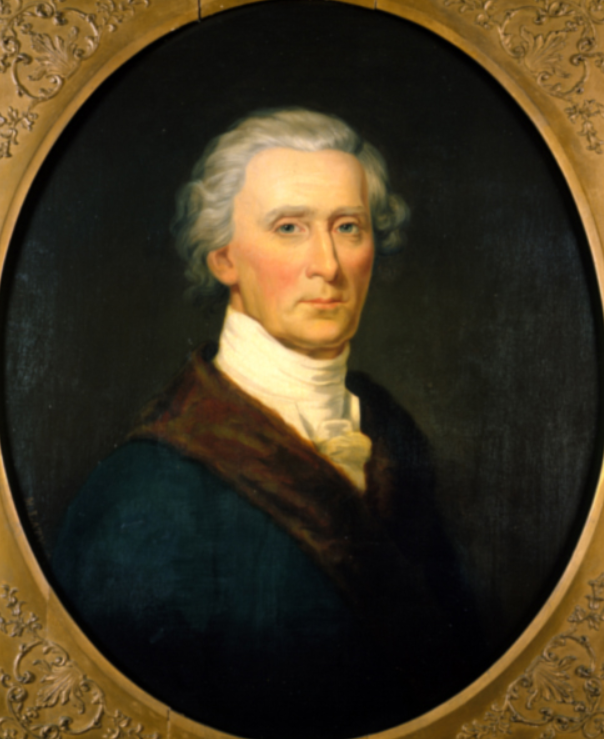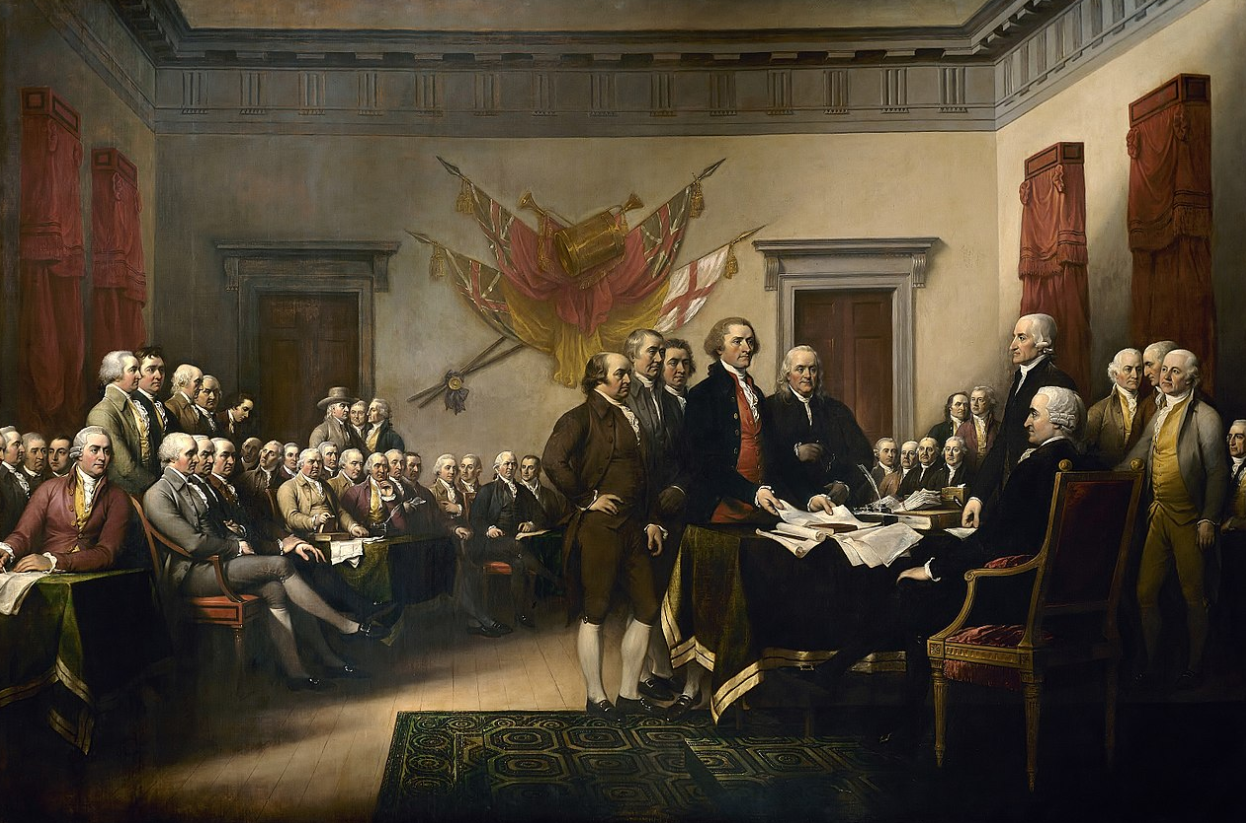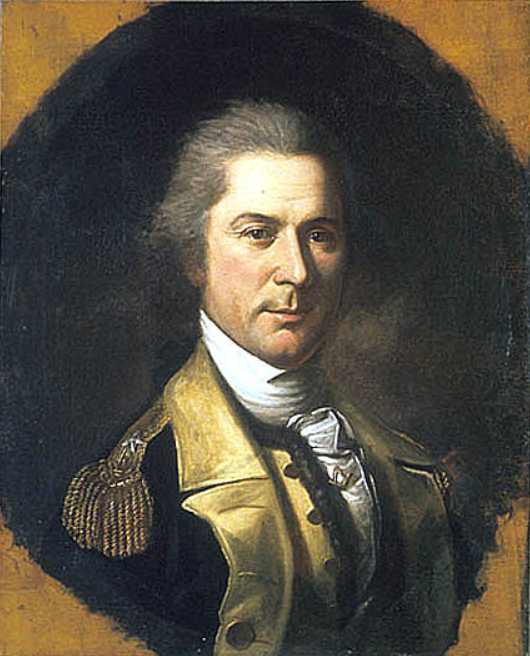The Catholic Who Signed the Declaration - Charles Carroll of Carrollton
With the 4th of July just around the corner, I thought it might be a good chance to write about one of the few signers of the Declaration of Independence who has not yet been championed as a Founder of the Day.
Today we meet Charles Carroll of Carrollton.
Sure, it’s a strange name, which is just one of the many fascinating things about this Founder (FYI: he added the ‘of Carrollton’ to distinguish himself from several relatives who went by that name).
Charles was an ardent Patriot, the longest surviving signer of the Declaration and the only Catholic to autograph America’s birth certificate.
Charles Carroll of Carrollton
Charles Carroll of Carrollton was different from most other Founders.
He was Catholic.
During the buildup to the American Revolution, Catholics were pretty well confined to Maryland. Additionally, they were not allowed to hold political office.
This did not stop the Carroll family from accumulating vast amounts of wealth and, with this money, Charles was sent to Europe for his education.
Defying Prejudice
Carroll left for France when he was just 11 years old, not to return until he was a man of 28.
When he came home, the Colonies were deep in the Stamp Act Crisis. Charles took the opportunity to argue for the rights of his fellow colonists and quickly made a name for himself as a Patriot leader.
Carroll joined the Committee of Safety and, when Maryland met as a Revolutionary Assembly, Charles became the first Catholic elected to public office in that Colony.
Signing the Declaration
By 1776, the Patriots were becoming more radical.
Charles Carroll of Carrollton was chosen to represent Maryland to the Continental Congress. Although he arrived too late to vote for separation from Great Britain, he showed up just in time to sign the Declaration of Independence.
He was the only Catholic to do so.
Continental Congress
During Carroll’s service to his country, he traveled with a commission (which included his brother, John Carroll) north of the border in an effort to win support from the French Canadians.
Despite the failure of this mission, Charles won much admiration from his contemporaries.
Carroll spent his two years in Congress as a member of the Board of War. In this position, he was one of the men responsible for overseeing the Continental Army.
The Last Signer
When Charles Carroll returned to Maryland, he was instrumental in setting up the new State Government. Additionally, he sat in the State Assembly for almost twenty years.
In 1788, he was elected as one of the few inaugural members of the United States Senate.
After his retirement, Carroll lived a long, long time.
When he passed away in 1832, Charles Carroll of Carrollton was 95 years old. He was the last surviving signer of the Declaration of Independence.
Want to read about some of the other Catholic Founders?
Check out these articles:
Thomas Fitzsimons - A Catholic at the Constitutional Convention
John Carroll - First American Archbishop
Richard Howly Escapes with the State Archives
Surprising as it may seem, Charles Carroll of Carrollton has several biographies of his life.
‘Faithful Revolutionary’ is the one I have read and, while I’m sure the others are great, I highly recommend this book in particular.
If you’d like a copy you can get one through the Amazon affiliate link below (you’ll support this site, but don’t worry, Amazon pays me while your price stays the same).
Want to get fun American Revolution articles straight to your inbox every morning?
Subscribe to my email list here.
You can also support this site on Patreon by clicking here.






